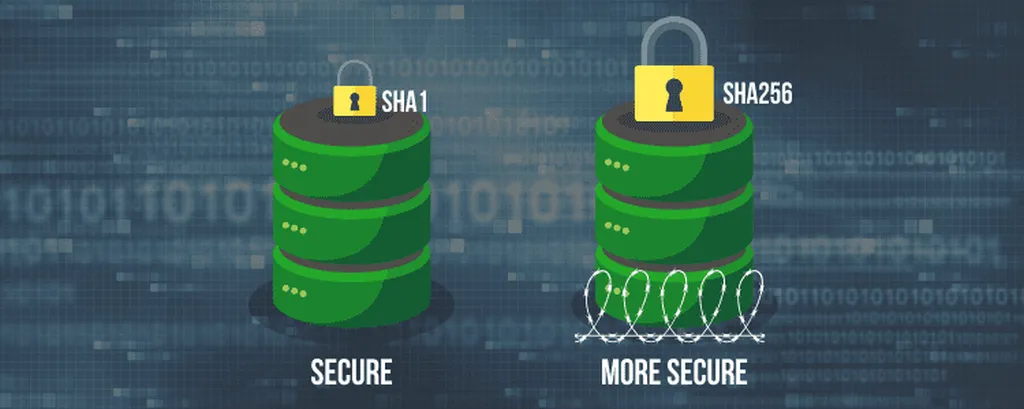In the rapidly evolving landscape of digital security, a groundbreaking study led by Muhammad Rehan Anwar from the University of Agriculture Faisalabad (UAF) is set to redefine how we approach certificate data integrity and security. Published in the Aptisi Transactions on Technopreneurship (translated as “Transactions on Technopreneurship”), this research delves into the crucial role of hash algorithms, particularly SHA-256, in ensuring the authenticity and integrity of certificate information.
Anwar’s research highlights the significance of hash functions, which are fundamental cryptographic tools used in various security applications, including digital signatures and message authentication codes (MACs). “Hash functions are the backbone of modern cryptographic protocols,” Anwar explains. “They provide a way to verify data integrity and authenticity without exposing the original data.”
The study focuses on the SHA-256 hash algorithm, which offers a balance between speed and security. “SHA-256 is not only faster to compute but also provides a higher level of security compared to other hash types like MD5,” Anwar notes. This efficiency makes it particularly suitable for applications requiring quick and secure data verification.
One of the key contributions of Anwar’s research is the proposal of the Merkle-Damgård construction method to support data integrity verification. This method enhances the security of hash functions by ensuring that any tampering with the data will result in a different hash value, making it easier to detect alterations.
The implications of this research are far-reaching, especially in the energy sector, where the integrity and security of certificate data are paramount. “In an industry where data breaches can have significant commercial impacts, ensuring the integrity of certificate information is crucial,” Anwar states. “Our research provides a robust framework for verifying the authenticity of certificates, which can help prevent fraud and enhance overall security.”
The study also underscores the versatility of cryptographic hash functions, which can be applied in various scenarios to authenticate users securely without storing passwords locally. “The use of hash algorithms in verifying certificate information is just one example of their wide-ranging applications,” Anwar explains. “This research opens up new possibilities for enhancing security in different sectors.”
As the energy sector continues to digitize, the need for secure and efficient data verification methods becomes increasingly critical. Anwar’s research offers a promising solution that could shape future developments in the field. “By leveraging the power of hash algorithms, we can build a more secure and trustworthy digital infrastructure,” Anwar concludes.
This groundbreaking study not only advances our understanding of hash algorithms but also paves the way for innovative security solutions that can benefit various industries, including the energy sector. As we move towards a more interconnected world, the insights from Anwar’s research will be invaluable in ensuring the integrity and security of digital data.

